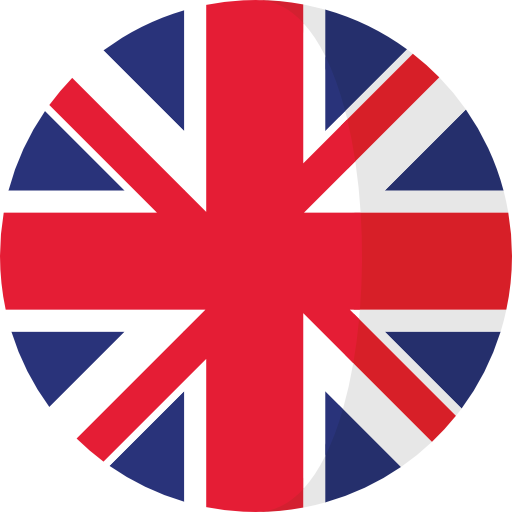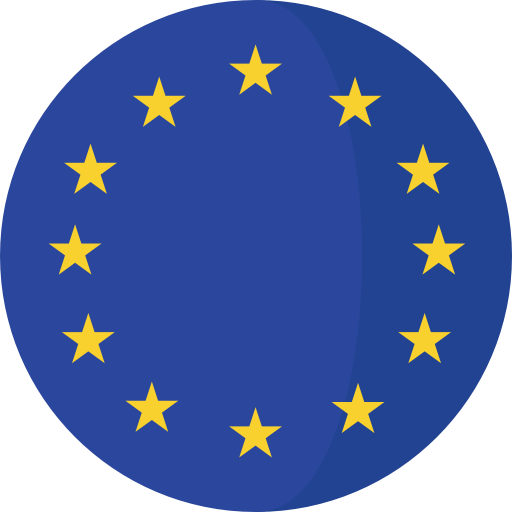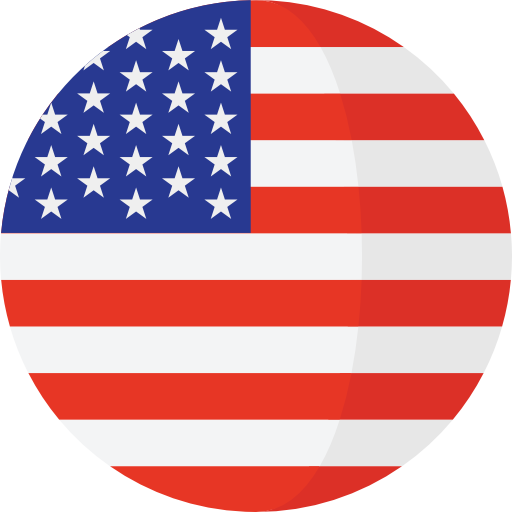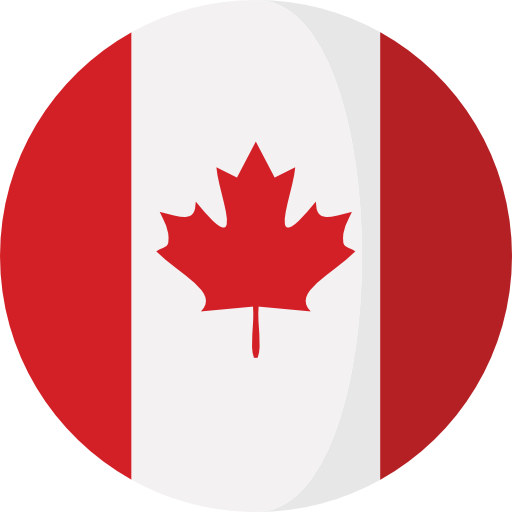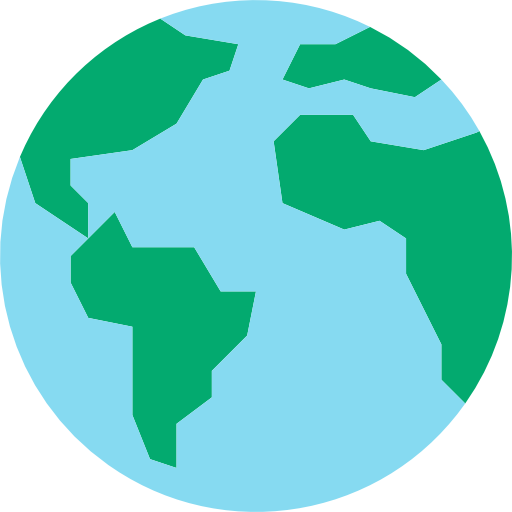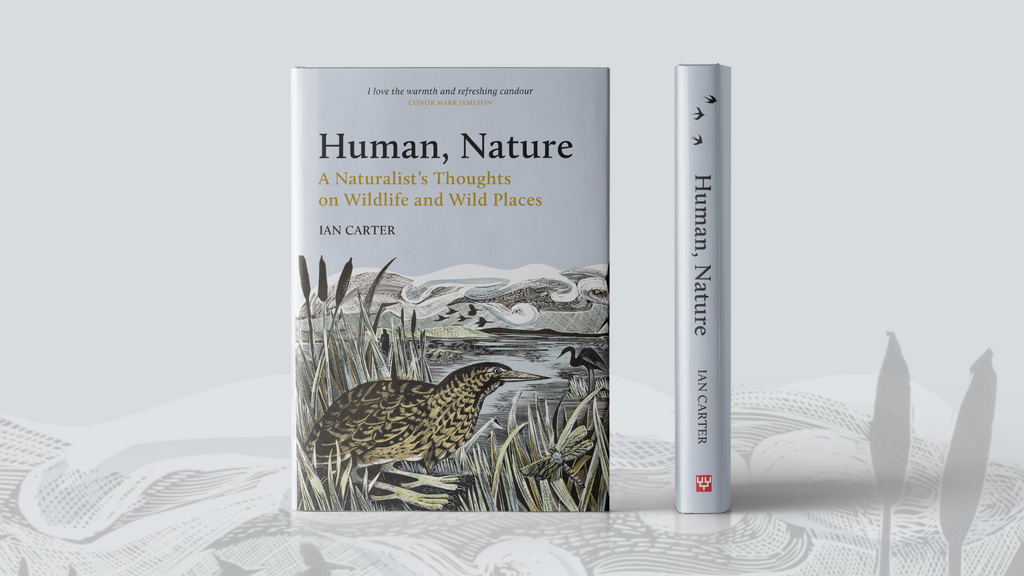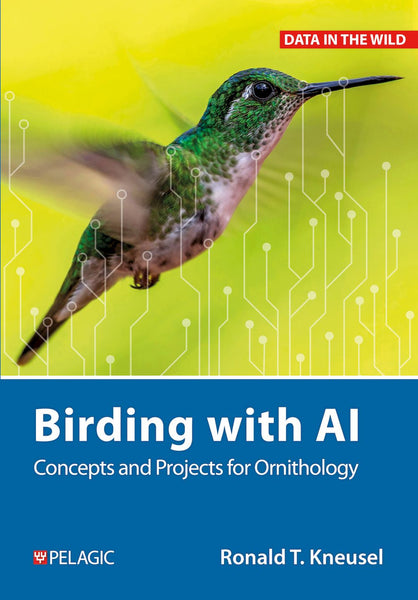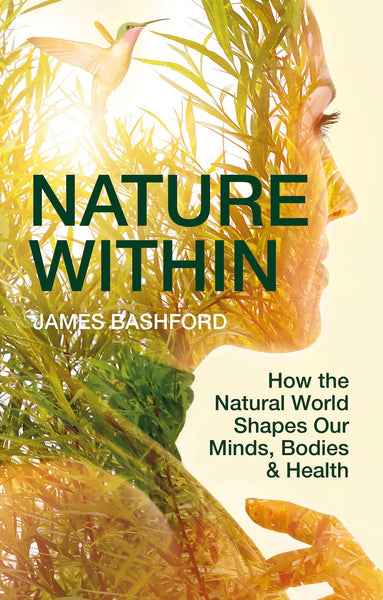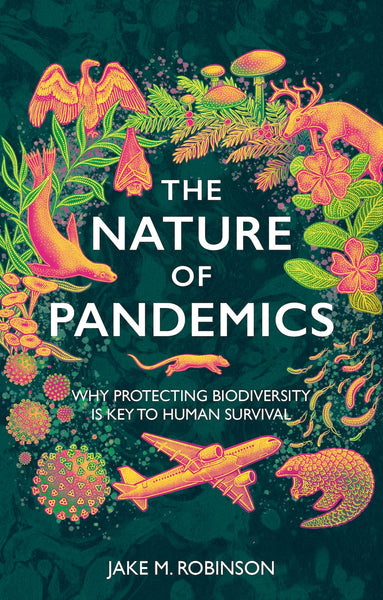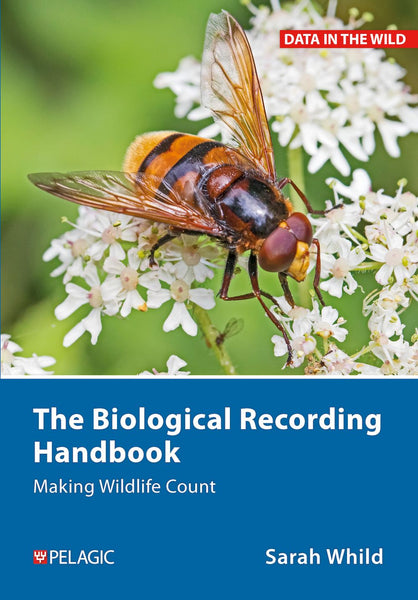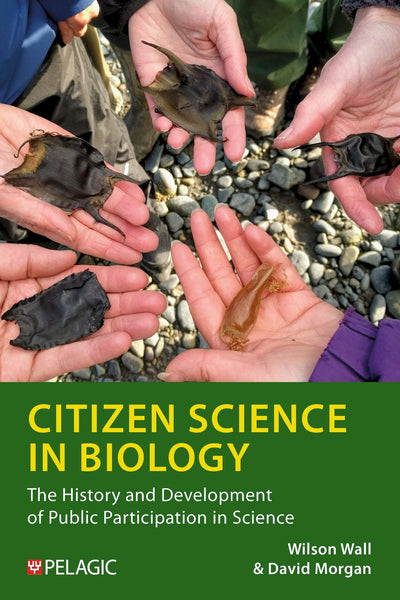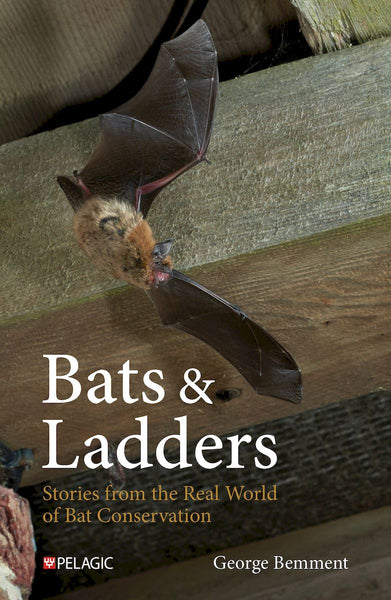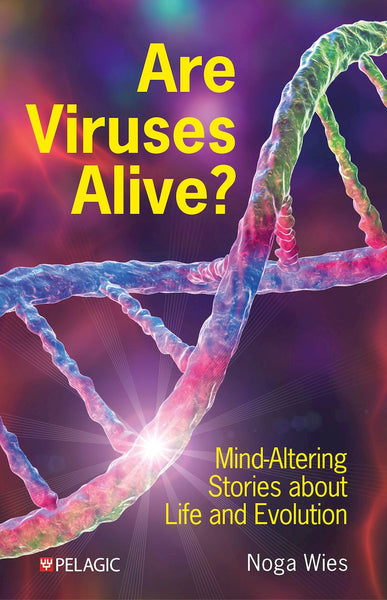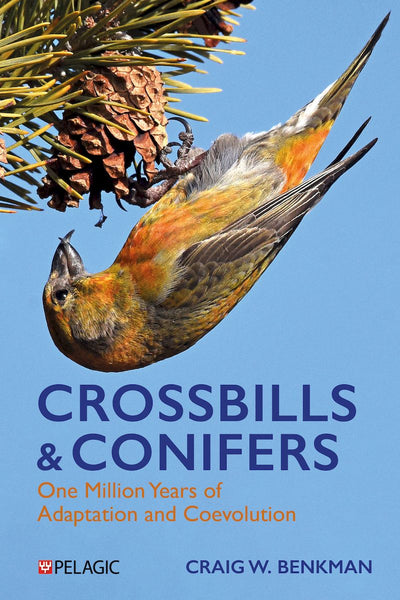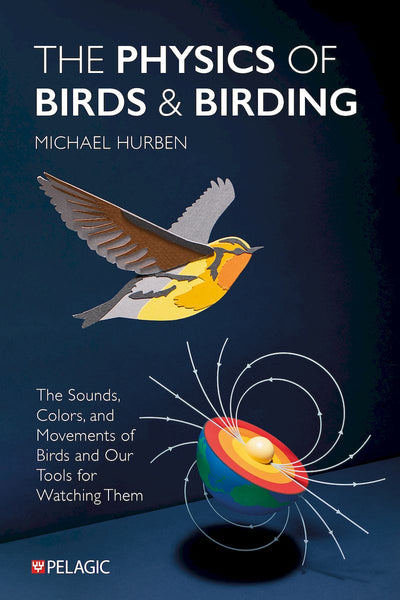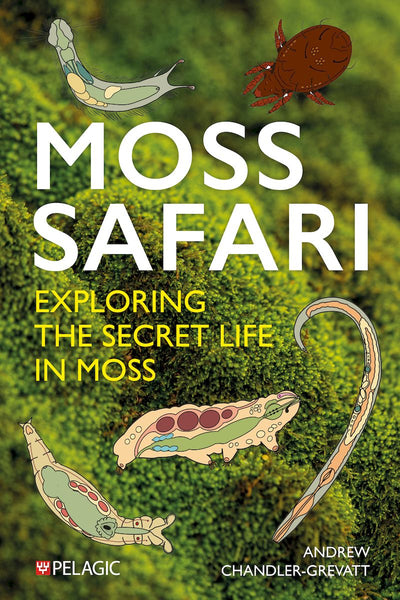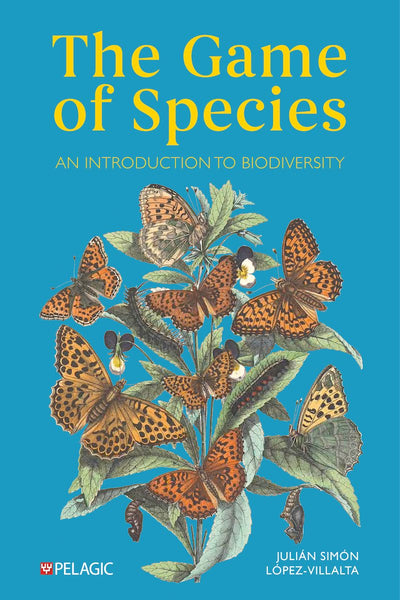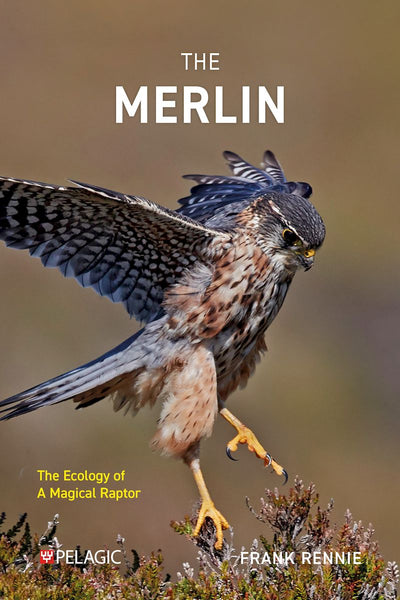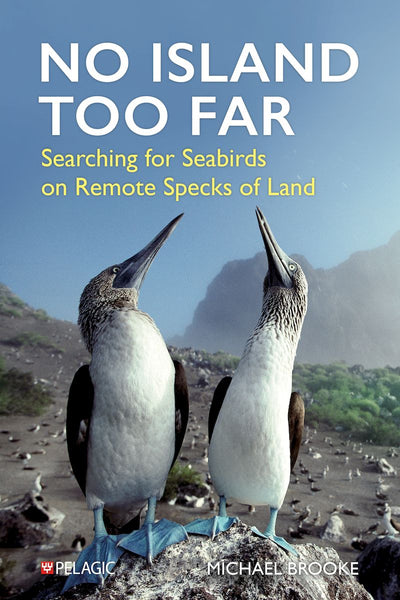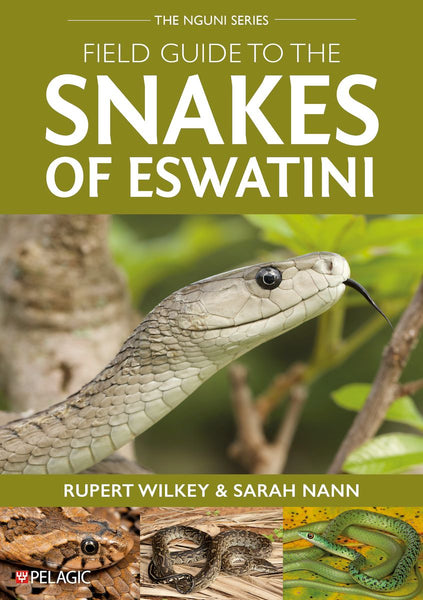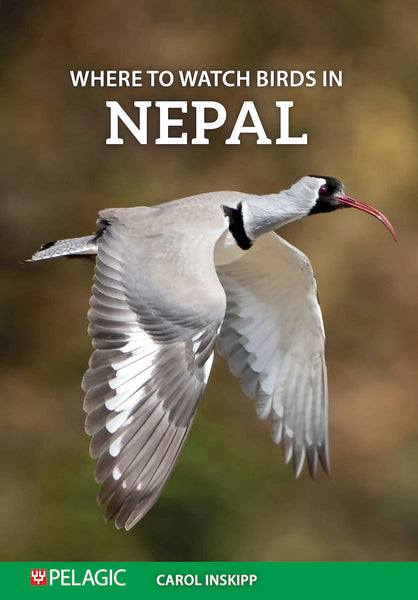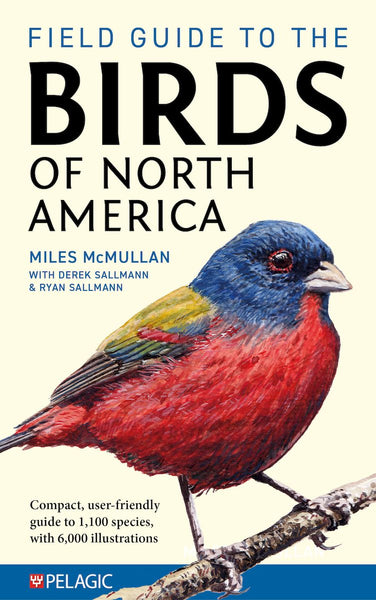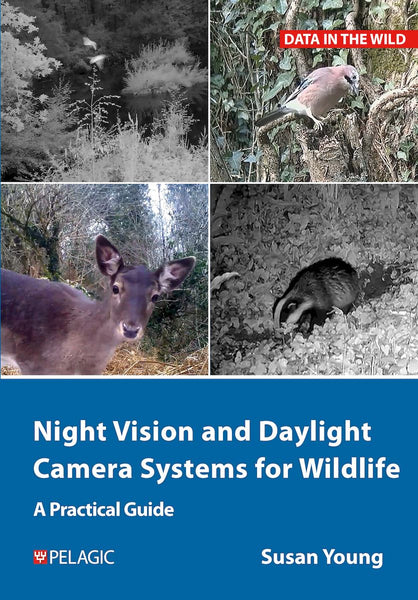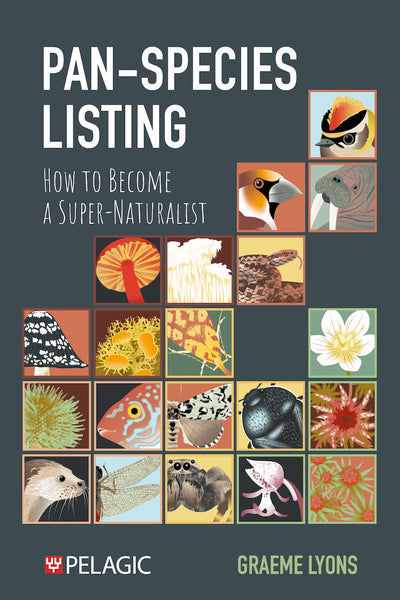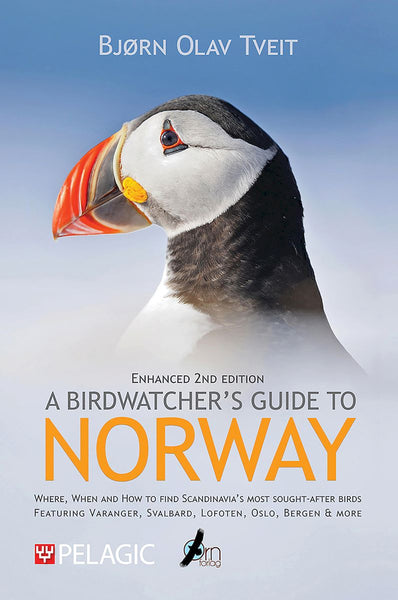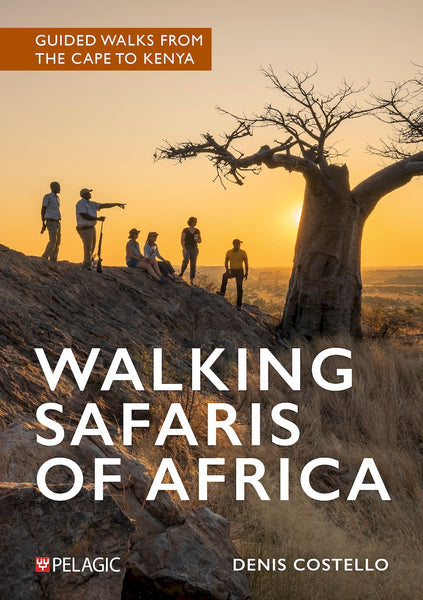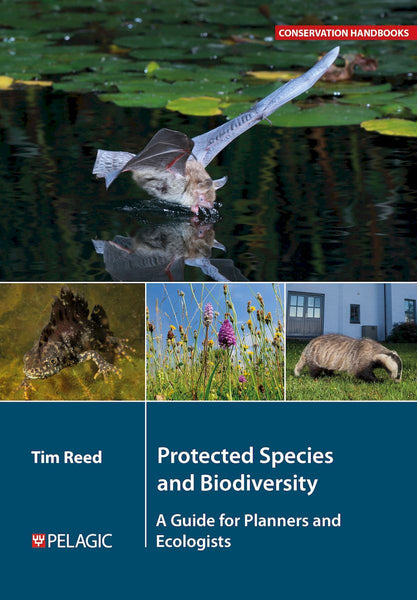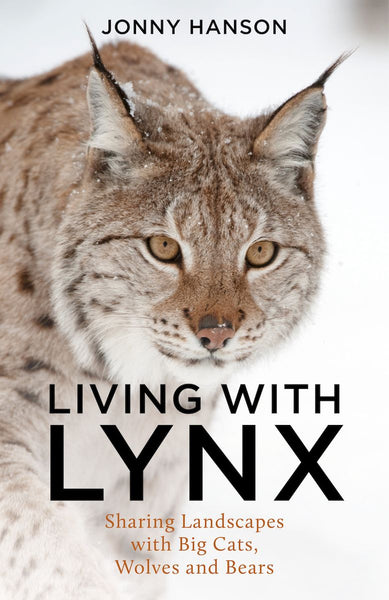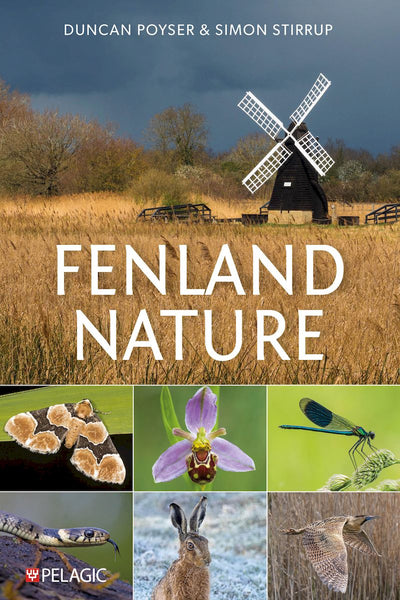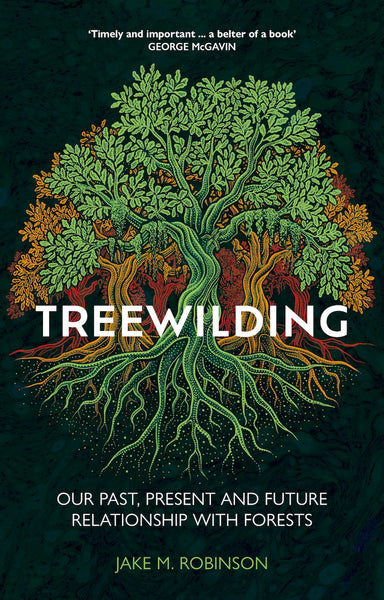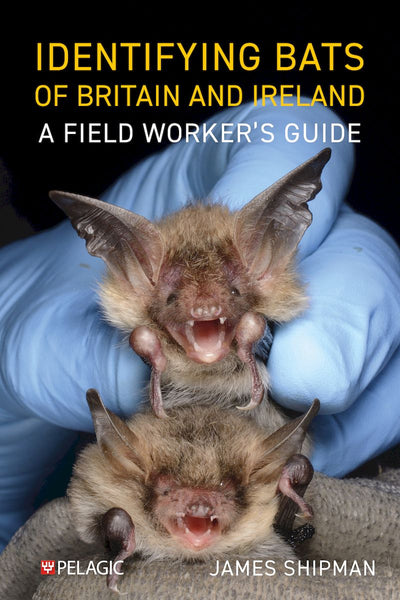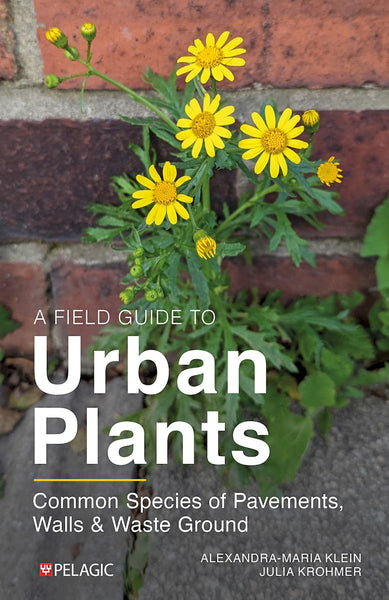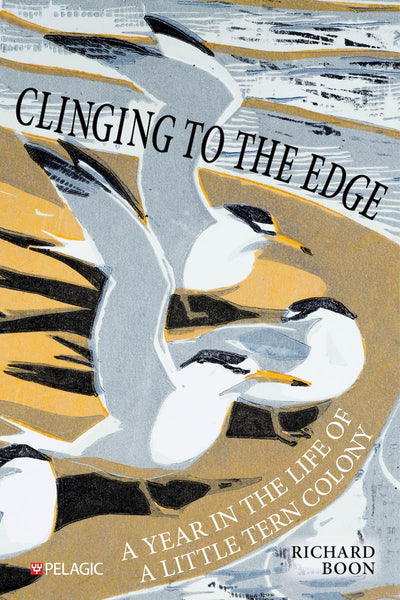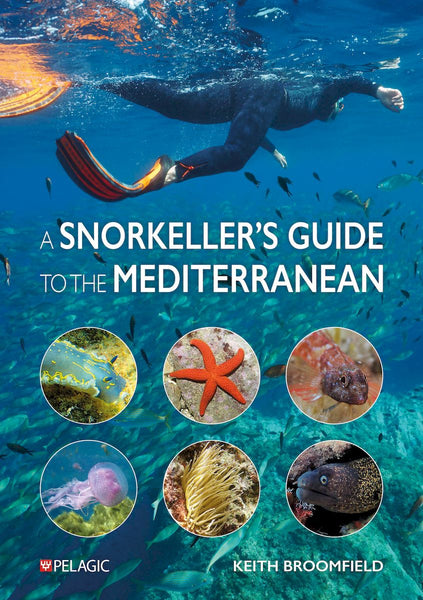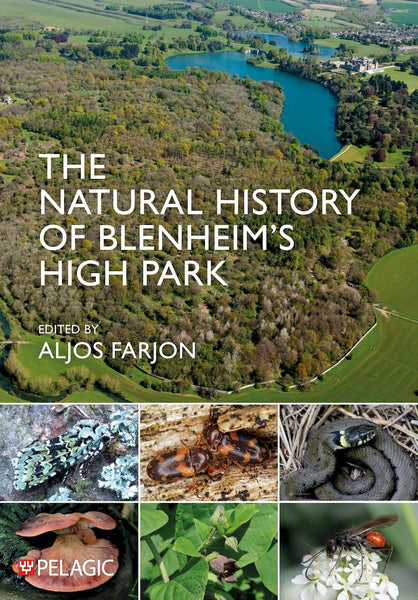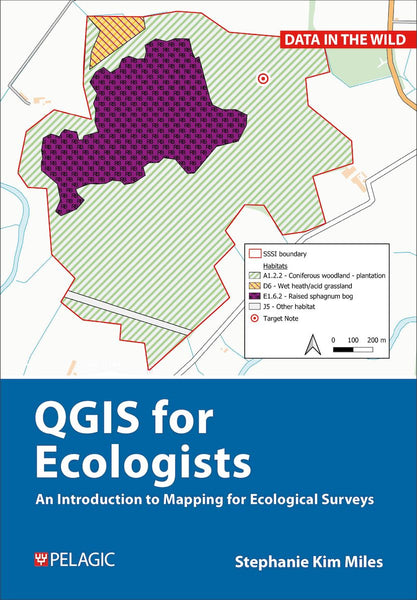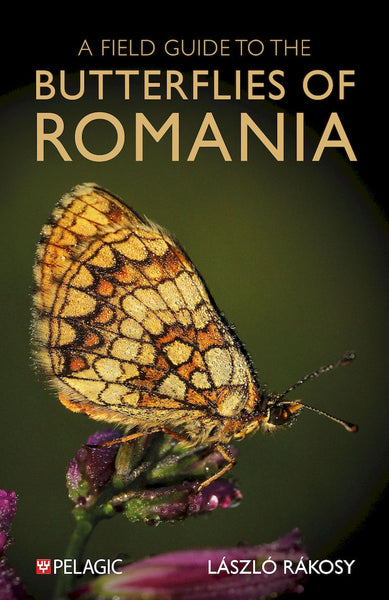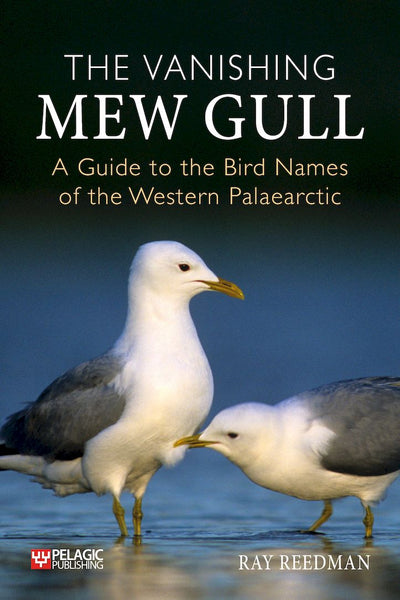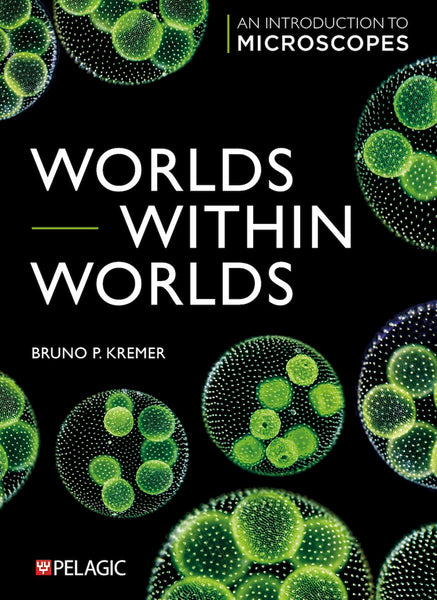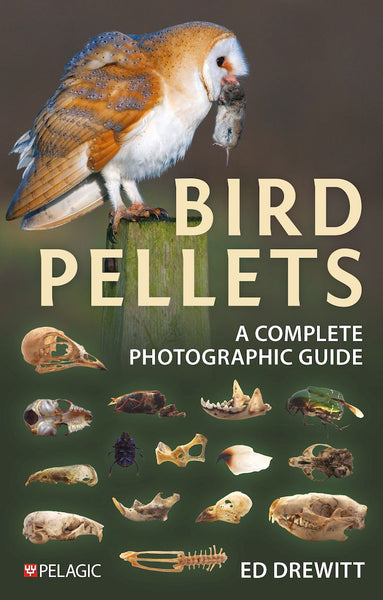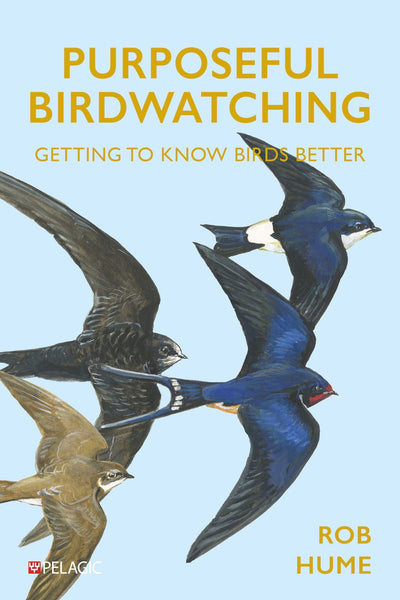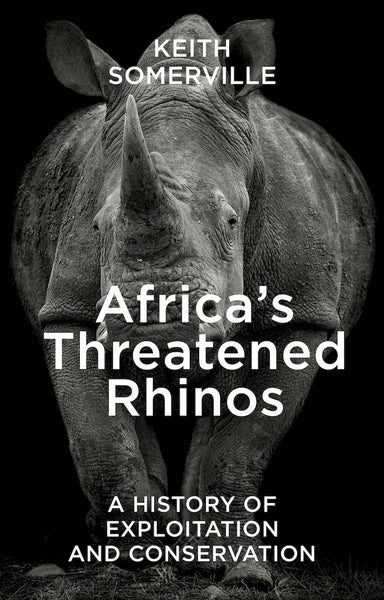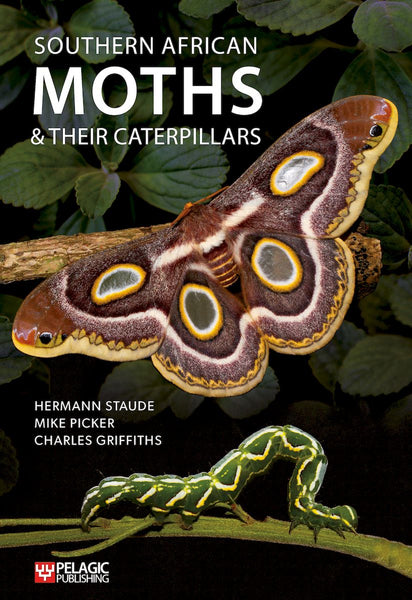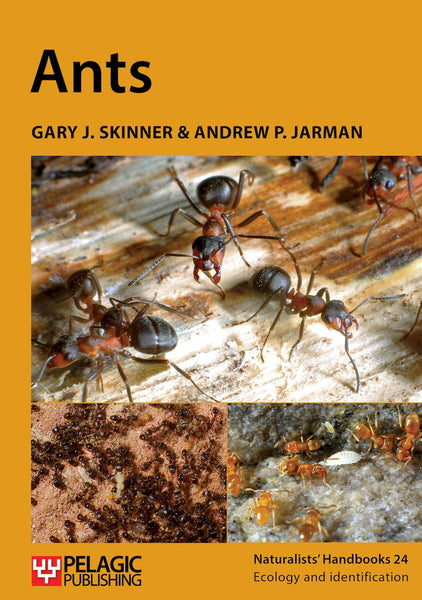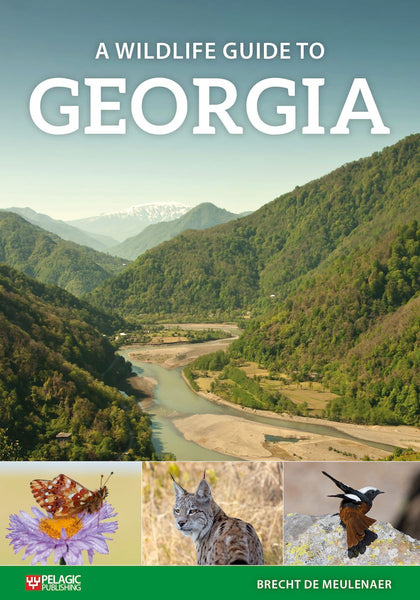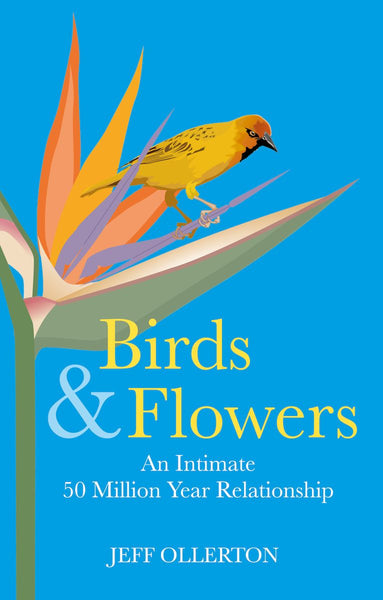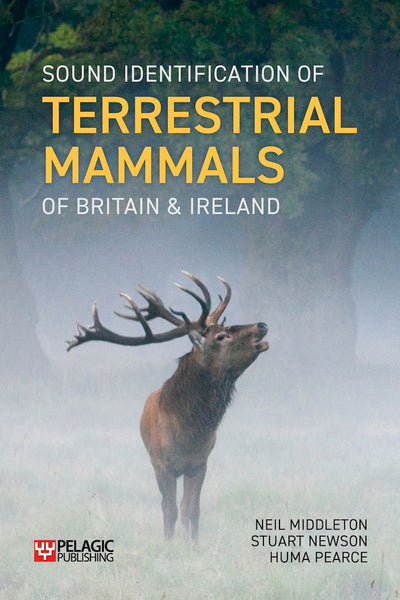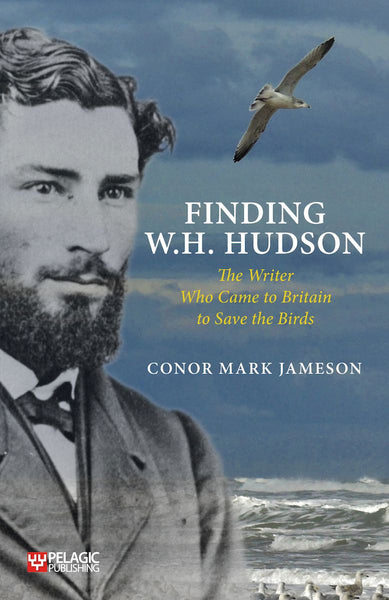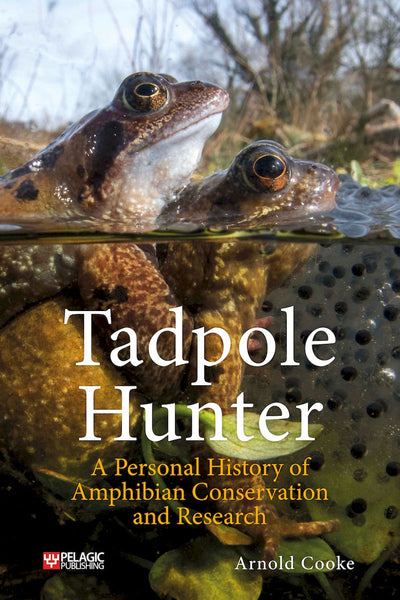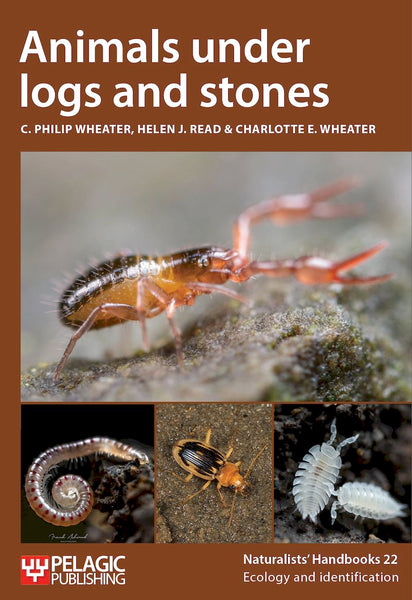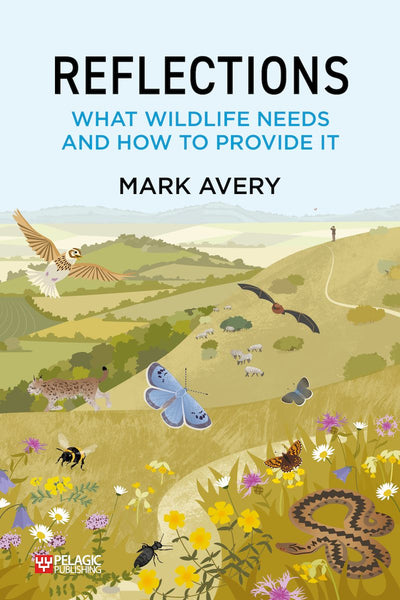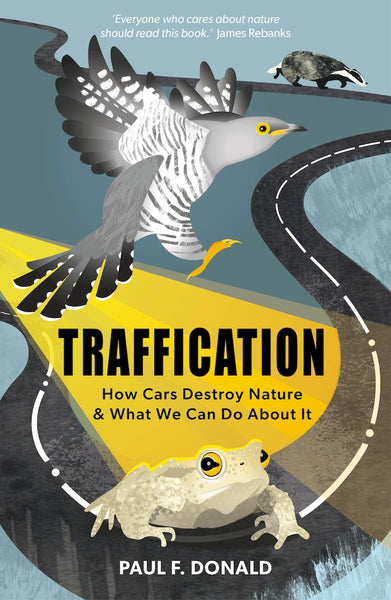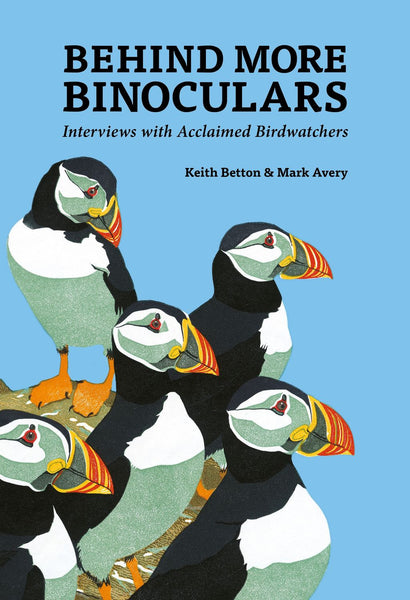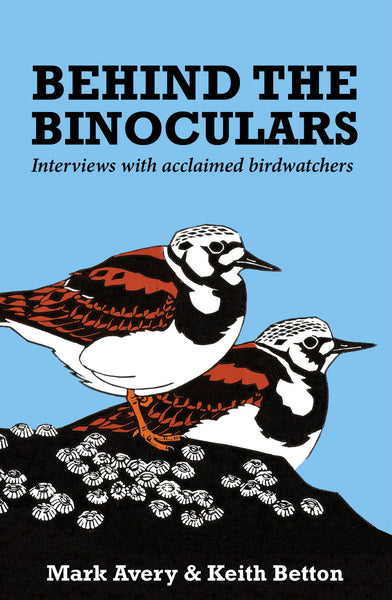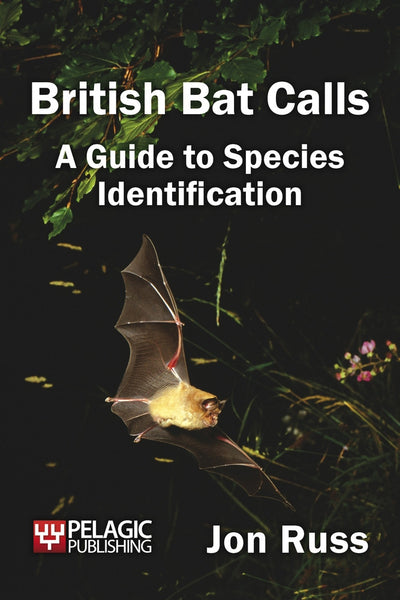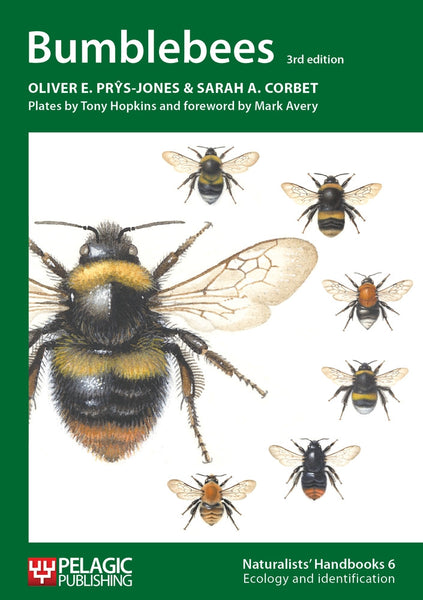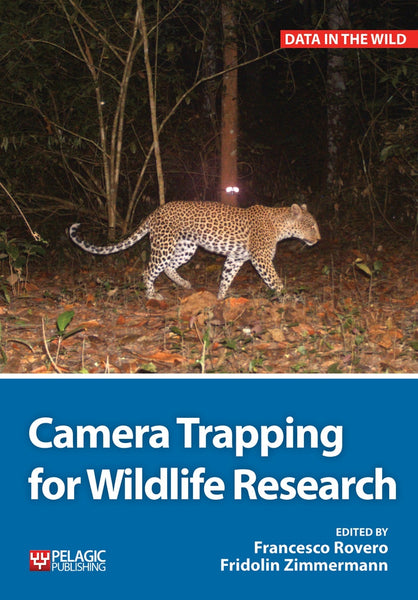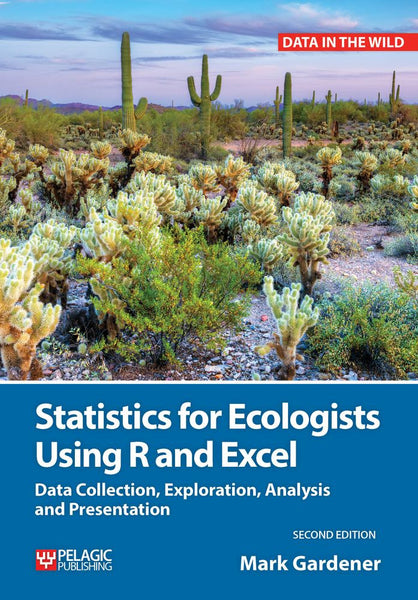Human, Nature will be published in June 2021. Ahead of the book's publication, we caught up with the author, Ian Carter.
Firstly, could you tell us more about your background and how your interest in nature and wild places began?
It was perfectly normal to spend long, unsupervised hours outdoors when I was growing up. I was sometimes alone, sometimes part of a gang of small boys. We’d roam the fields and build hideouts in the woods to stave off boredom, flattening patches of Bracken, and making ‘tunnels’ between them beneath the fronds. At first, wildlife was a largely unnoticed (and certainly unidentified) backdrop to these activities, but gradually I started to learn more about it. I came to love Gerald Durrell’s The Amateur Naturalist. It had double-page photos showing all manner of items scavenged from the wild; one image for each different habitat. Suitably inspired, I’d scour the countryside for animal skulls, snake skins, owl pellets and old bird nests.
Almost all of us have an instinctive love of the natural world when we’re young. Often, we lose this as we get older and other activities begin to take over. I was lucky enough to retain it (with a few lapses along the way) and managed to make a career from it, as an ornithologist.

Human, Nature celebrates the complex relationship between humans and wildlife, what does a personal connection with nature mean to you?
In short, it means everything. I notice wildlife all the time, wherever I am and whatever I’m doing. It’s now early May and I’ve yet to see my first Swift, so when I step outside today that’s what I’ll be thinking about. Whether it’s looking out into the garden, watching through the window on a train journey, or exploring the surviving fragments of wilder countryside, a connection with wildlife helps make life interesting and fulfilling. I don’t really think of it as a hobby. It’s more a way of life.
A lot of thought went into the comma in the book's title, what does this comma represent and why was it so important to include it?
We fretted about that comma for a while. The idea is that the book is about me (the human) and the way that I engage with nature. We often see ourselves as separate from the natural world but that’s not really true; we have evolved within it and so, of course, we are part of it. Having said that, there are times when an artificial separation is useful. If humans are part of nature then, logically, central London and the Amazon rainforest are both equally ‘natural’, a thought that doesn’t really help when it comes to conservation.
To get around the problem, David Abram, an American ecologist, coined the phrase ‘the more-than-human world’, meaning everything in nature excluding humanity. That’s a bit of a mouthful for a book title so the comma is there instead, helping to provide that sense of separation that may be illogical but is there nonetheless. If your brain skates over the comma then ‘human nature’ kind of works too; it has a role to play in all our interactions with wildlife.
You have kept a wildlife diary and updated it for over thirty-five years, could you tell us more about other resources used to write the book?
The diaries take up several rows of shelves after all these years. I don’t look back at them much and when, occasionally, I do want to look up a particular event, I can never find it. It would be sensible to use a computer so that the text is searchable but I enjoy the physical act of putting pen to paper; taking a moment each day to reflect and jot down a few notes about what I’ve seen. It’s more about the therapy of committing things to paper than any grand attempt to record things for posterity.
In recent years I’ve become hooked on books that blend memoir with wildlife. I’m fascinated by the contrasting ways in which people interact with nature and how these relate to my own engagement. Conservation is challenging because our perspectives are so varied. Some of us enjoy hunting animals, others enjoy watching them. Some of us want nature left alone to ‘rewild’, others want to micro-manage habitats to provide perfect conditions for particular species. It’s no surprise that we spend a lot of time arguing with each other on Twitter.

Time spent in nature is fulfilling and worthwhile but can so easily get squeezed out by other, more pressing, activities. Some days, it feels like a bit of an effort to get outside but it is always time well spent. This was brought home to me on a recent trip to Colonsay in the Hebrides. Staying in a cottage without wi-fi there were few distractions and so we spent more time outside, wandering around the island, even on the wet and windy days. I felt thoroughly refreshed after two weeks, and looking through the visitor book, it was clear other guests felt the same way. Many of the comments highlighted the difference between the stresses and strains of everyday life and the sheer joy of escaping it for a while.I wonder if, for many people, spending time in nature has become something of a luxury; something that now happens mainly on holiday or the occasional weekend when nothing else is happening. That’s what I meant by falling into a trap: we recognise the restorative, life-affirming benefits of time in nature (hence the comments in the visitor book), yet we may still relegate it to the fringes of our lives.

Finally, are there any new projects in the pipeline that you can tell us about?
I’m collaborating with the artist Dan Powell on books about the Hen Harrier and White-tailed Eagle, in the same series as our earlier book The Red Kite’s Year. And I’ve written a book about my time exploring the wilder corners of mid Devon, having taken early retirement and moved here from Cambridgeshire. In many ways this is a follow up to Human, Nature. I’ve come up with a few novel approaches to exploring wild places and tried to unpick some of the underlying reasons why they bring so much pleasure. It will be coming out in 2022.
Human, Nature publishes in June 2021. Preorder with discount code NATURE30 to save 30% on your order.

